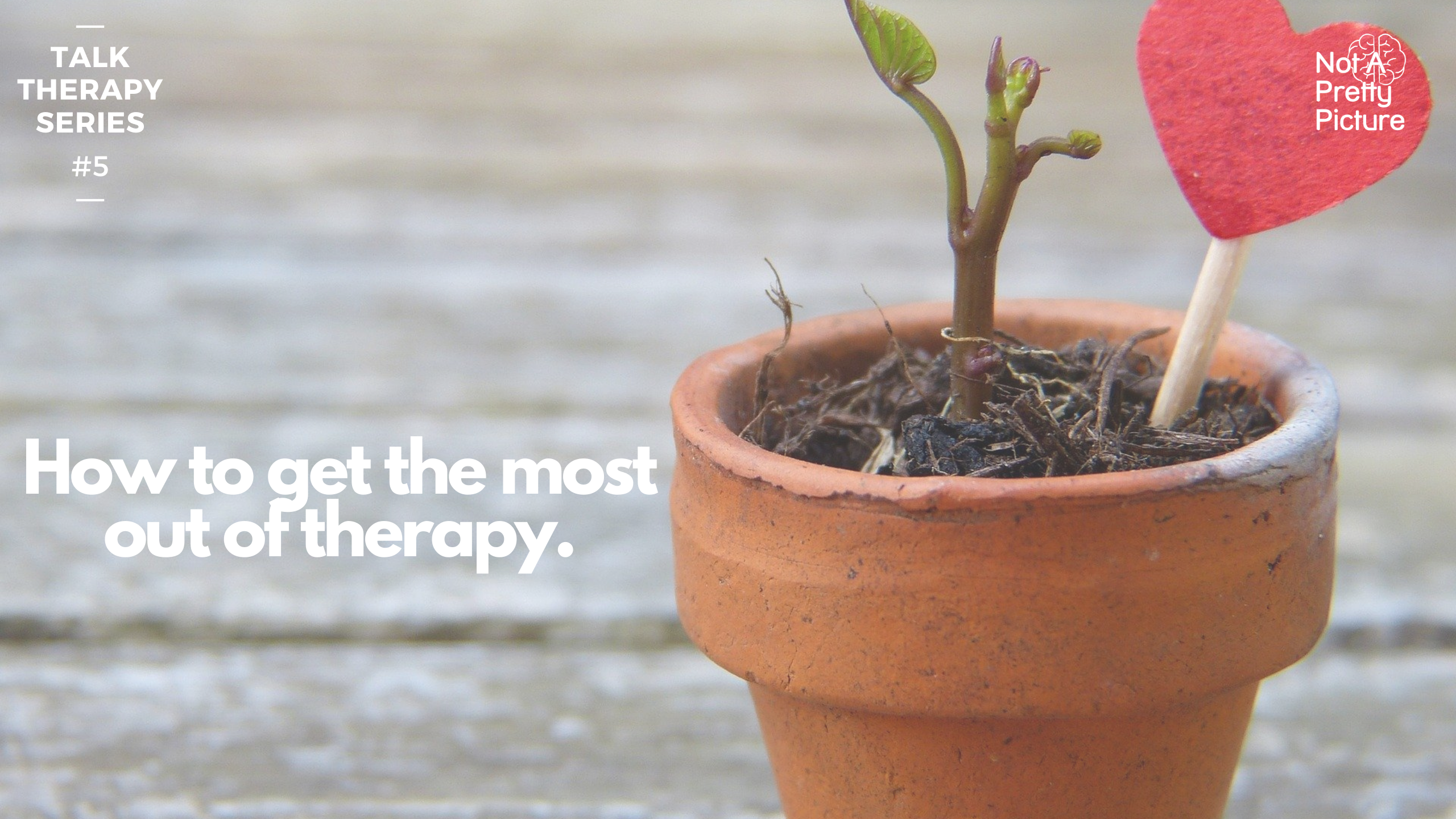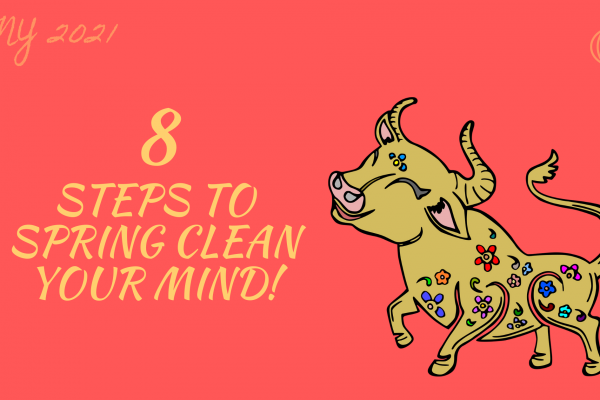Think of yourself first.
That’s the message I am getting from my therapy sessions. And as the paranoid giraffe in my head reminds me to tell you not to misunderstand my statement, I feel compelled to explain myself first before I get accused of being… selfish.
(And in doing so, undermining the point of my article, but, hey, I am still trying to master this, ok?)
Too often we spend too much time thinking about others. I am referring to the not-so-useful habit of (over) caring about what people think.
And this “What Others Think” rears its unwanted head in many situations. And here’s one of my recurring work-related experiences. It might strike a chord with some of you:
The Whatsapp War:
Recently, I had a little ding dong session over Whatsapp with someone. In his mind, probably a healthy discussion, in my mind – why are you arguing with me? Can’t we just get on with it and get this done? Let’s move forward!
Is what I wanted to scream over Whatsapp.
I felt my heart racing, blood rushing to my head (not exaggerating, this is real) and I was getting very irritated.
But after a few rounds of to-ing and fro-ing, I calmed down, and I wrote a summary statement of my rationale. He immediately accepted it and the conversation stopped.
So – I should be happy and move on, right?
Oh, but… no.
I then spent the next 30 minutes analysing the whole thing, and thinking, damn, if only I had stayed calm from the start, then that brilliant summary statement that I came up with to end the conversation could have been said earlier – and life would have been good.
Ok, so why do I spend half an hour or more obsessing about what really should have just been all in a day’s work?
Because I care too much about what he might think.
“Is he upset with me now?”
“Would he still want to work with me on future projects?”
“Does he think that I was being too defensive?”
Blah blah blah goes the giraffe in my head.
But thanks to the sessions I’ve been having with the psychologist, I am trying to look at the whole incident by focusing on my own thoughts and feelings, not on his.
First lesson. You will never really know, nor be able to control what someone else is thinking. All you can do is manage yourself.
And I tell myself, I did do that, albeit not perfectly.
Yes, I might have been “entertaining” his back and forth messages by firing off replies too quickly. I could have taken a breath, thought about it carefully, and then replied.
But on a positive note, at least when I was replying, I was maintaining my professionalism, being polite and even, being positive by providing solutions.
The me from my 20s would have been firing on all cylinders, throwing sarcastic retorts based on indignance back to the recipient.
So, yes, an improvement on this front.
Secondly, the me from my 30s (I flipped from being a hot-headed, don’t-give-a-damn-what-people-think person in my 20s to a people-pleasing, let’s-all-be-buddies person in my 30s) would have just wanted to give said solution to get the situation resolved and move on.
Move on without asserting my rationale, or feelings. Move on because it’s easier to just move on for the moment and get the job done than bother to tell someone what you’re really thinking.
But this is the second lesson I am learning. Being assertive.
Assertive, not aggressive. (Go back to where you belong, you 28-year-old Yazzie.)
In order to be assertive, you need to first understand the situation, how it has affected you and what you would like to say, and then you can calmly state your point.
The 30s me would not have bothered to explain what I was thinking. I would have just gone down the defensive path in my head, thinking thoughts such as, “how could you say that?” and “don’t you know how hard I have been working to get this done?”.
I would repress my feelings in the moment for the greater good of getting things done, but then, after, spend many hours stewing or worse, suddenly being triggered weeks later by this one situation.
Now, even if my initial reaction was to fall back to the get-things-done mode, when I had calmed down, I went back in to state my position. And then I was at peace with it.
The significance of this should not be understated.
It’s calmly speaking your truth, not repressing and taking care of yourself.
And this is what I mean by my opening sentence of thinking of yourself first. Focus on what you feel and what you need, not so much about what he / she / they are thinking or feeling.
Only when you take care of yourself, can you take care of others.
I think it is much better to think of yourself, take care of your needs first than put your resentment or guilt trap on others.
Peace out.





